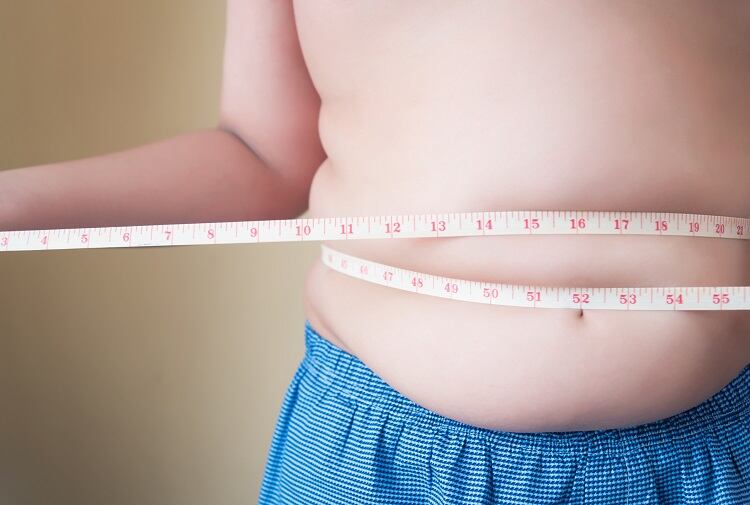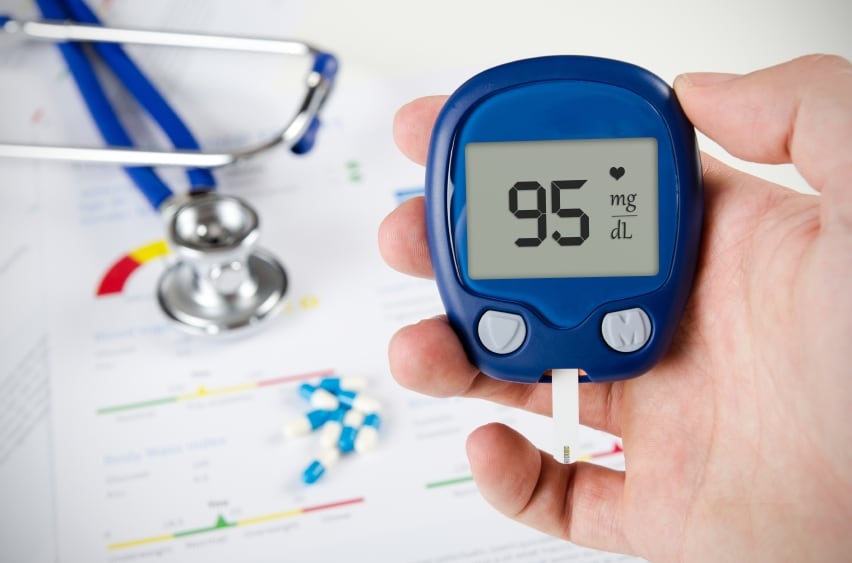Public health scientists in the US have raised concerns that the novel coronavirus, or COVID-19, pandemic may exacerbate obesity due to enforced school closures.
Yet across the pond, director of Obesity UK Sarah LeBrocq suggests that due to the disease’s complexity, it is ‘extremely simplistic’ to associate obesity with ‘only one or two factors’.
Shuttered schools a risk for obesity?
Overweight and obesity are defined by the World Health Organization (WHO) as abnormal or excessive fat accumulation that may impair health.
Worldwide, obesity has nearly tripled since 1975, with childhood obesity levels also a growing concern. According to 2016 figures, over 340 million children and adolescents aged 5-19 were overweight or obese.
As coronavirus sweeps the world, scientists in the US are concerned that certain temporary regulations may have detrimental impacts on these figures. Since the outbreak, for example, governments have taken measures to limit transmission, including enforcing the closure of schools.
Schools in more than 100 countries have shuttered, including in France, where schools closed on Friday 13 March, and in the UK, where they closed on Friday 20 March. In the US, the majority of schools have also shut their doors.
The group of researchers, led by Columbia University Mailman School of Public Health’s Andrew Rundle, predict the COVID-19 pandemic will likely double out-of-school time this year for many children in the US – and consequently exacerbate the risk factors for weight gain associated with summer recess.
‘Long-term consequences’ for weight gain a possibility
By staying at home, not only do children miss out on subsidised school lunches and organised physical activity, but they may be exposed to more shelf-stable food than usual.
“As households stock up on shelf-stable foods, they appear to be purchasing ultra-processed, calorie-dense comfort foods,” noted the researchers. “Our own experiences in supermarkets show that along with the shelves that held flour, rice and beans, the shelves that held crackers, chips, ramen noodles, soda, sugary cereals, and processed ready to eat meals are quite empty.
“While stocking up on shelf stable food items is clearly a preparedness necessity and helps minimize trips outside of the home, we anticipate that many children will experience higher calorie diets during the pandemic response.”
Rundle and his colleagues fear that higher calorie diets, teamed with limited access to outdoor spaces and physical activity, could have ‘long-term consequences’ for weight gained during the pandemic.
“Research shows that weight gained over the summer months is maintained during the school year and accrues summer to summer. When a child experiences obesity, even at a young age, they are at risk for higher, unhealthy weight, all the way into middle age.”
The obesity expert acknowledges it is a ‘priority’ to mitigate COVID-19’s immediate impact, yet urged policymakers to consider ways to prevent its long-terms effects, including new risks for childhood obesity.
Obesity: A complex disease
Membership organisation and charity Obesity UK (formerly HOOP UK), however, is not convinced that closing schools alone can be associated with a potential rise in obesity rates.
“Obesity is very complex and whilst some research has shown that in some instances children and young people may gain weight when schools are closed, it would be extremely simplistic to suggest that this was the result of only one or two factors,” Obesity UK director Sarah LeBrocq told FoodNavigator.
In fact, empirical evidence informs that there are over 100 different factors that contribute to weight status.
“Schools and education centres are key for children and young people’s development above and beyond educational outcomes including, but not limited to, physical, mental and social development,” she told us.
“National responses to COVID-19, such as lockdowns and closures of school are therefore likely to impact the health and wellbeing of all people, irrespective of weight status.”
Source: Obesity
‘COVID-19 Related School Closings and Risk of Weight Gain Among Children’
Published 30 March 2020
DOI: https://doi.org/10.1002/oby.22813
Authors: Andrew G. Rundle, Yoosun Park, Julie B. Herbstman, Eliza W. Kinsey, and Y. Claire Wang





